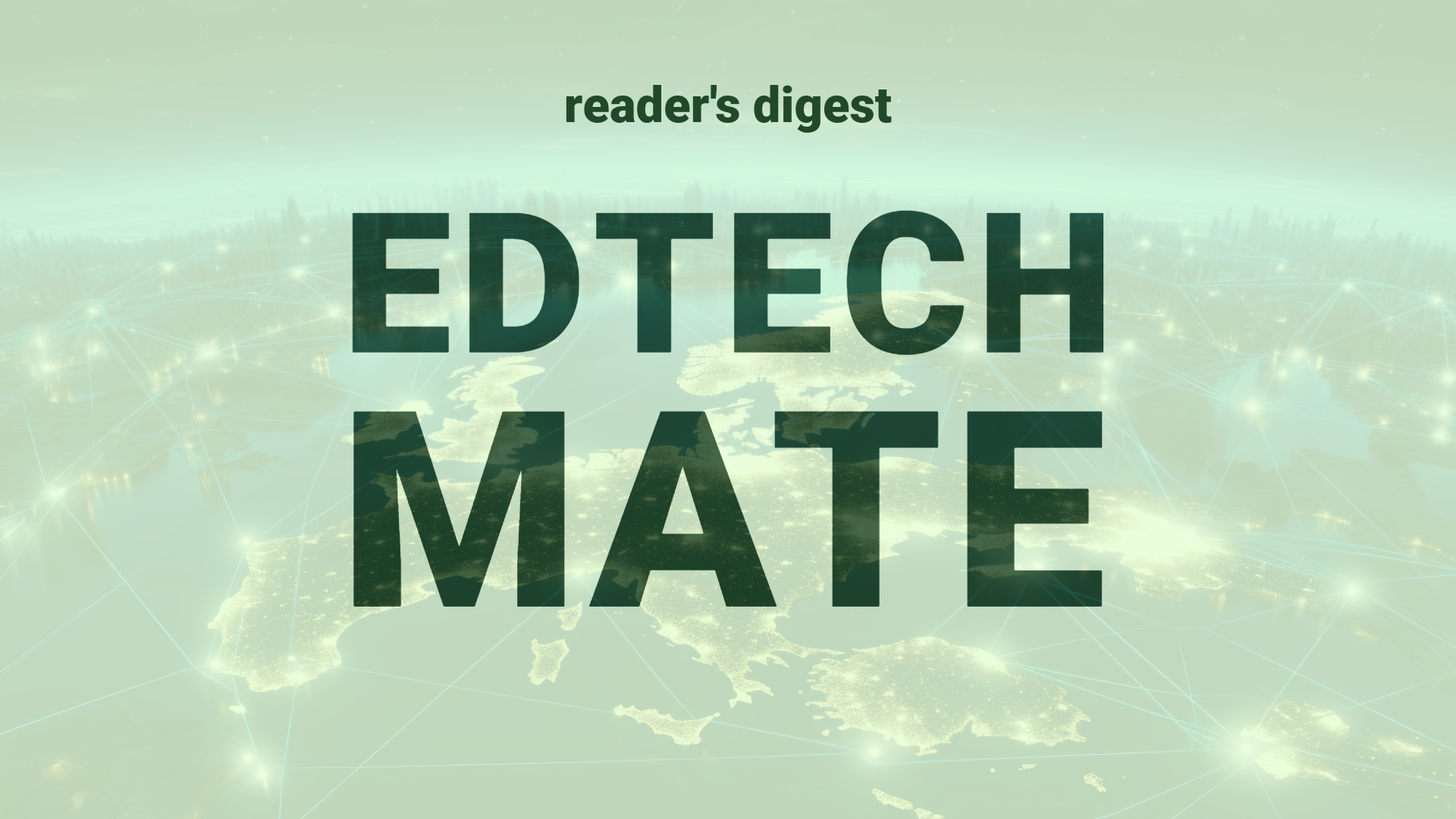Executive Summary and Main Points
In an era where digital transformation aligns with private-sector paces, public administration has increasingly embraced new technology adoption, with artificial intelligence (AI) being significantly integrated into public services in the last year. Notably, the Tax Agency’s strategy to combat fraud and assist citizens with their Income Tax Declarations is a prime example. In its recent published guide, the Tax Agency outlines a comprehensive strategy to implement AI, which includes employing the technology to enhance data quality and decrease errors across tax forms by cross-referencing with internal systems. This advancement not only simplifies taxpayers’ obligations but also strengthens the detection of potential frauds.
Potential Impact in the Education Sector
Adopting AI within the Tax Agency can profoundly influence the education sector, particularly in Further Education, Higher Education, and the burgeoning area of Micro-credentials. The digitalization strategies embraced can serve as a blueprint for educational institutions to leverage AI in streamlining administrative functions, improving data integrity, and offering personalized learning experiences. Strategic partnerships between technology providers and educational bodies could facilitate the integration of AI systems, foster innovation, and improve compliance with regulatory and accreditation standards across global education systems.
Potential Applicability in the Education Sector
Innovative applications of AI in education could mirror the Tax Agency’s approach, focusing on data cross-referencing to enhance academic integrity, customize student support, and prevent academic misconduct. AI tools can be adapted to global education systems to facilitate personalized learning paths, optimize resource allocation, and improve institutional decision-making. For instance, AI could support the cross-verification of accreditation information for Micro-credentials, ensuring compliance with international educational standards.
Criticism and Potential Shortfalls
Despite its promise, the adoption of AI presents critical challenges, potentially exacerbated in the context of international higher education. Unequal access to technology across institutions could widen the digital divide. Ethical concerns arise from AI’s decision-making processes, as evidenced by the Tax Agency’s precaution of retaining human oversight over the AI system. Furthermore, cultural nuances in international education necessitate adaptable and sensitive AI applications. Comparative case studies, such as the development of AI in Scandinavian universities versus institutions in developing regions, highlight disparities and the need for localized AI solutions.
Actionable Recommendations
To harness AI’s potential in global higher education, educational leaders should consider the following strategic insights:
- Create diverse expert committees to oversee AI integration, mirroring the Tax Agency’s multidisciplinary approach.
- Invest in faculty and administrative staff training to build digital literacy and foster AI adoption.
- Develop ethical guidelines for AI use, ensuring cultural sensitivity and human-centric decision-making.
- Establish strategic tech partnerships for shared AI resources and infrastructure, facilitating equitable access across educational institutions.
- Implement pilot projects within institutions to tailor AI applications to specific needs before widespread rollouts.
Source article: https://www.cio.com/article/2510130/hacienda-se-arma-con-ia-para-luchar-contra-el-fraude.html

